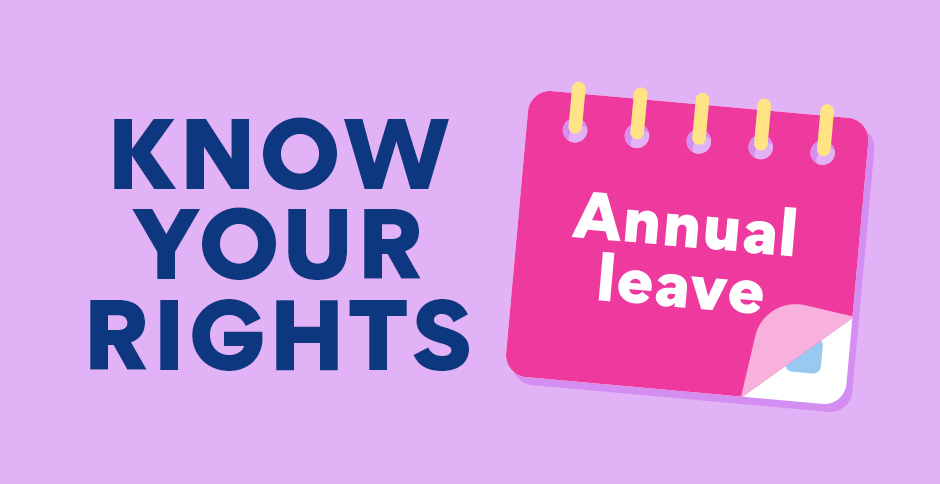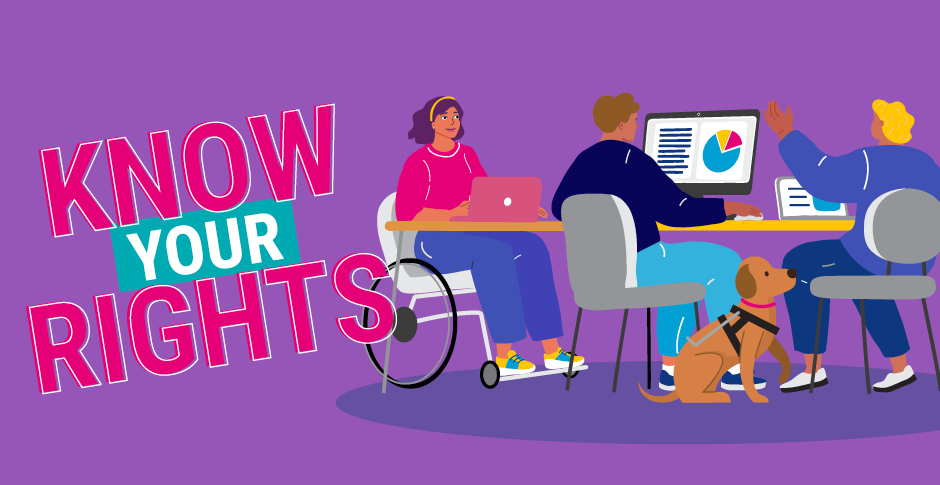At some point in your working life you might find a career break is called for. Perhaps you want to take time out from your planned or ideal career path to travel, explore new opportunities or even try a new job.
While many people press pause on work for personal or professional reasons, it’s natural to worry about the impact a break could have on your career. You might even wonder if it’ll prevent you landing your next role—there’s a common perception that to get a job, you must already be working.
We asked two leading recruiters for their perspective, and how to show your career break in its best light when you’re ready to work again.
Will a break stop me from getting my next job?
Industry perceptions of breaks have changed over time and Robbie McIlraith, General Manager of Stellar Recruitment, says increasing numbers of people are taking breaks. “Workplaces are becoming more flexible, education and information are more accessible, which gives people options they never had before,” he says. “This entices people to make a change they possibly wouldn't have previously.”
This shift means employers are becoming more flexible and people-oriented, and in doing so are likely to give you a full opportunity to explain your career path or any breaks on your resume.
How to sell yourself if you’ve taken a break
Breaks shouldn’t be a barrier to getting a position, but can raise a red flag for some recruiters, Andrew South from Agoge Recruitment says. “In an age where personal brand is so important, it means the way you approach a career gap or opportunity is all the more important,” he says.
South says honesty is always the best policy. “Own your personal story, who you are and your journey as it has been to date,” he says.
If you’ve taken a career break, spend some time thinking about how you can translate your experience into something that recruiters or employers would value.
“You may gain new skill sets, different types of experiences and/ or work for a company that you may not have done otherwise,” McIlraith says. “It could enable you to develop skills that can directly benefit your career such as communication, time management abilities, problem-solving and becoming a team player.”
First think of your experience, and then determine what qualities you developed or strengthened as a result. For example:
- Caring for a small child helped me strengthen my time management and communication skills.
- Travelling taught me resilience.
- Going back to university taught me to prioritise tasks.
The benefits of a career break
Fear and uncertainty prevent many of us from embracing change in our careers. “Most people resist the idea of a career break because they fear how others will perceive the break or they don’t have a clear idea of how they would spend the time away,” says SEEK’s Resident Psychologist Sabina Read.
But in reality, there can be plenty of positives to a career break, Read explains. “When you approach a career break as time to cultivate purposeful change, create meaning, enrich relationships, rest and re-charge minus the guilt, or meet new goals and challenges, it’s more likely you will take a break with increased pride and confidence,” she says. “Then you work on the assumption that the break will enhance, not reduce, both your well-being, and your future worth as an employee.”
What to think about first
It’s important to go into a break with your eyes open. “You shouldn’t go into a career break or unemployment without a reality check of what you're going to be doing to keep moving ahead,” South says.
While it’s preferable to plan your career break and think about how you might describe your experience to future employers, you don’t have to have everything figured out before you take your break.
The benefit of most career breaks is that you press pause on your regular routine. Many career breaks give you a chance to recharge your batteries, so that when you do go back to work you’ll be refreshed and ready for new challenges.
How to make a career break work for you
- Know why you are taking a break—perhaps you are burnt out, looking to reignite passion or want to change career direction.
- Be honest about any gaps in your resume.
- Emphasise to employers why you took a break and what you have learnt or achieved during this period.



